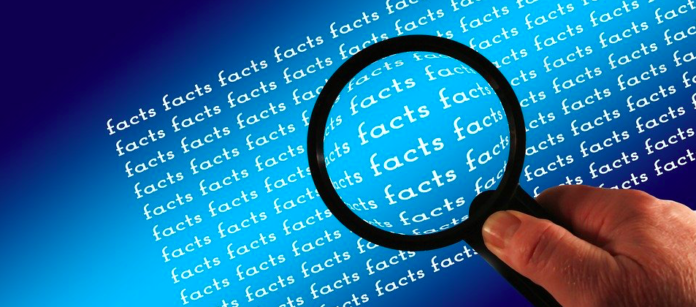The Dutch news site, NU.nl, has quit as Facebook’s fact-checking partner in the Netherlands. The website ended their association with Facebook as a result of its lax rules about the truth of political ads.
NU.nl quits as Facebook’s fact-checker
As most people have noticed over the past couple of weeks, Facebook’s policy on political advertisements has been causing quite a bit of controversy. That controversy has reached the Netherlands at last, and the social media giant’s only fact-checking partner in the Netherlands has quit as a result. Yesterday, NU.nl, who many may simply know as a news site, released a blog post detailing their reasons for abandoning Facebook to its fate.
Politicians’ ads exempt from fact-checking
For those who don’t know, Facebook has fact-checking partners in 45 countries around the world. However, according to Facebook itself, these partners are not there to fact-check politicians ads. Nick Clegg, Facebook’s VP on Global Affairs, says that this is because “in an open democracy, voters are usually allowed to judge for themselves what they think of the statements made by politicians”. We all know how well that’s worked out in the past with Brexit and Trump.

Fighting fake news is a journalistic responsibility
For editor in chief at NU.nl Gert-Jaap Hoekman, this is unacceptable. “What is the point of fighting fake news if you are not allowed to tackle politicians?” NU.nl was the only website that stepped up to the task when Facebook sent a delegation to the Netherlands in 2017 to try to partner with journalists to fact-check their news. Why? Well, because Facebook wasn’t paying. At all. Furthermore, they were basically expecting news sites to clean up their mess. Hoekman agreed to do the mammoth task because he believed fighting fake news was his journalistic responsibility.

What forced the split?
Things came to a head with Facebook over the past half a year, as NU.nl repeatedly marked advertisements from certain Dutch political parties (FvD, PVV, and CDA- unsurprisingly, we must admit) as false, or as “highly unlikely to be true”.
Facebook, however, believes that these messages should still be seen by the public. This is not the first time that Facebook alienated a Dutch fact-checking service: last year, Leiden University broke off its fact-checking arrangement with the website as well. Facebook is planning on finding other fact-checkers in the Netherlands soon.
What does this mean for the future of Facebook in the Netherlands? Let us know your thoughts in the comments below.
Feature image: geralt/Pixabay
